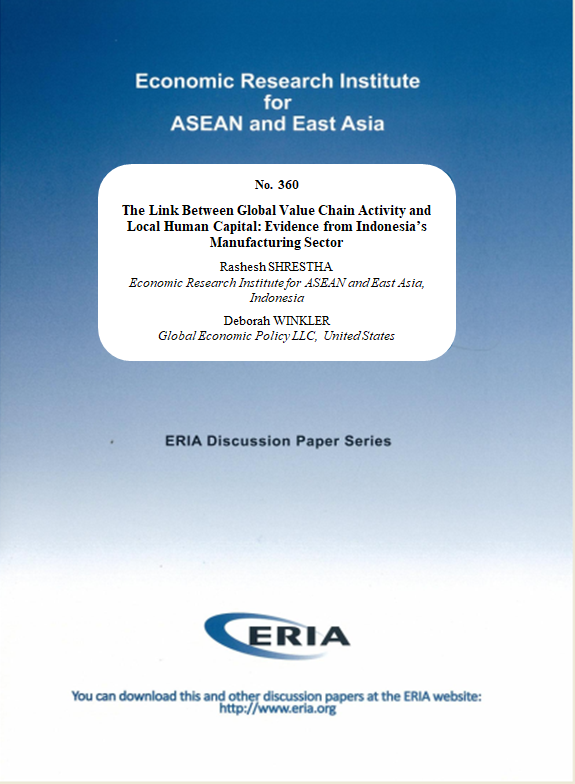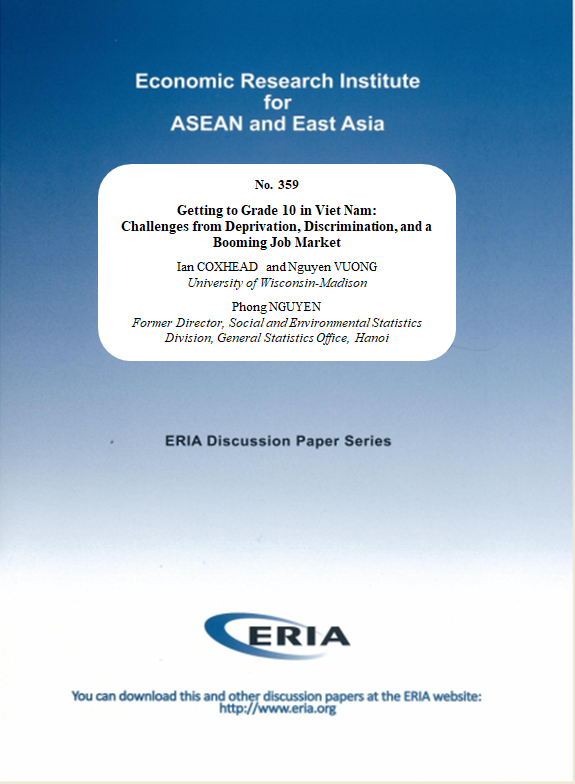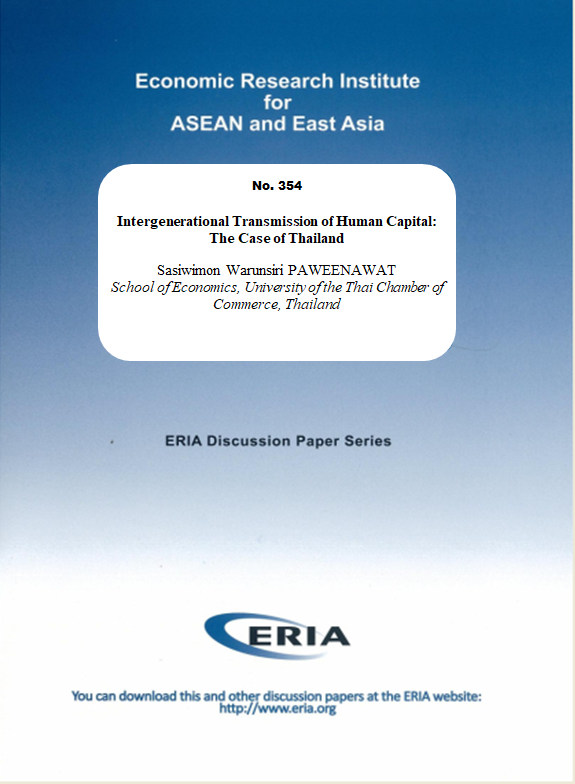The Link Between Global Value Chain Activity and Local Human Capital: Evidence from Indonesia’s Manufacturing Sector

Date:
18 February 2021Type:
Discussion PapersTags:
Education, global value chains, Human Capital, Indonesia, manufacturingPrint Article:
For developing countries, participation in global value chains (GVCs) provides an opportunity to expand domestic human capital. Since GVC firms require qualified workers to meet high production standards, they have an incentive to invest directly in their workers’ skills or to raise the demand for skilled workers, which indirectly creates an incentive for workers to enrol in vocational education. This paper explores the relationship between GVC activity and workers’ skills in Indonesia. It combines National Labor Force Survey (SAKERNAS) data with the Large/Medium Industry Survey (IBS) to construct a pooled cross-sectional data set of Indonesian manufacturing workers which takes into account measures of GVC activity at the district-sector-year level. The findings suggest that higher GVC activity in a worker’s district-sector-year is linked to a higher likelihood of vocational education of individual workers. A separate panel data analysis at the district level confirms the positive relationship between GVC activity and human capital. Finally, the results indicate that the wage premium for vocational education is higher in districts with greater intensity of GVC activity.




